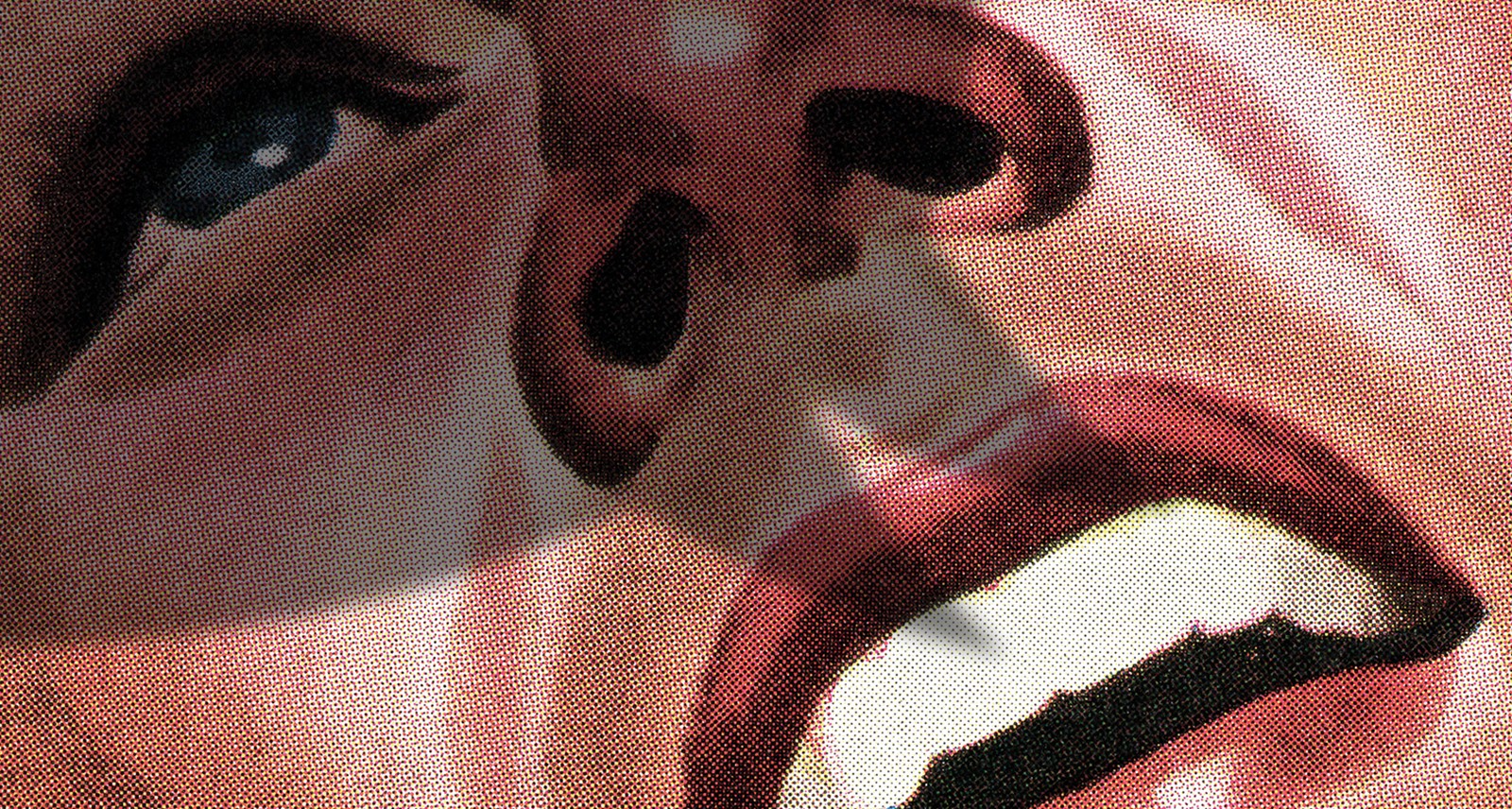This year was barely a day old when a shameless act from the tail end of the previous one was met with a now-familiar response: public shaming. On December 31, the popular vlogger Logan Paul posted a video on his YouTube channel showing the body of a man who had hanged himself near Mount Fuji in Japan, in an area known as Suicide Forest. The video, which has since been pulled from YouTube, features Paul’s reactions to the body, which ranged from surprised to entertained. Celebrities and the general public immediately called him out, describing the video as “horrifying,” telling him to “Go rot in hell,” and asking YouTube to shut down his channel.
Paul, 22, reacted by suggesting that he was attempting to raise awareness of suicide by showing its harsh reality. Within a few weeks, he was at it again, posting videos of himself tasering two dead rats and performing CPR on a fish. YouTube responded by suspending all adverts from his videos for what it described as a “pattern of behaviour” that could damage the creator community at large. Judging from his almost 4.3 million followers on Twitter, the 17 million subscribers to his YouTube channel, and earnings of up to $12.5 million in 2017, the finger-wagging from YouTube is unlikely to leave permanent damage. If anything, Paul’s subscriber base has only increased after the recent controversies, and he seems to have found a way to capitalize on a familiar and troubling scenario that reaches beyond social media: individual shameless acts are performed, followed by acts of public shaming, and the cycle is repeated. The moral space between shamelessness and the grand performance of public shaming on social media is narrowing. And it’s happening everywhere.
You can draw a straight line between Paul’s videos and Donald Trump’s tweets. What the two brats have in common is shamelessness: the ability to project some of the most debased, self-deluded thoughts and actions without any hint of moral responsibility or sense of consequences. But is taking to Twitter and shaming the shameless ever a good strategy? Evidence suggests that the Pauls and Trumps of the world lack basic empathy and may be emboldened, gratified even, when publicly shamed.
A more productive approach may well start with a better understanding of the very concept of shame, which has been unduly maligned over the years — and which we should bring back to public consciousness. I’m not talking about the kind of shame that religions and morality squads have forced on humanity over millennia — the shame that made women feel bad about their bodies (or their very being); forced gay men and lesbians into closets, denying their sexuality; or drove many cultures to brand sex outside marriage to a sin. Instead, I’m thinking of what many current psychologists believe to be shame’s power to keep our negative and detrimental actions in check. The experts refer to shame as a negative emotion, a close family member of guilt, but it can have very positive effects, when we understand it properly. It can stop us from acts that harm others or make situations worse for those we know or don’t know. It forms part of and acts alongside our moral judgment and development. Plato talked about it as a “safeguard” and eighteenth-century Scottish philosopher David Hume described it as “the proper guardian of every kind of virtue,” so current thinking has a long and rich pedigree.
“Experts refer to shame as a negative emotion — a close family member of guilt — but when we understand it properly, it can have very positive effects.”
I grew up listening to my parents telling me and my siblings to have some shame whenever our fights went too far. I can still hear my mother telling my older brothers to be ashamed of themselves as they teased me about my lack of interest in manly things (sports, fighting, action movies). As I got older, I used the same admonition on my nephews and nieces on those rare occasions when I offered to look after them and they misbehaved. (Yes, my unwillingness to babysit and help out my siblings is itself a shameless act, but its consequences are limited to the private realm.)
More awareness of private shame and the role it plays in public life could have saved the world a couple of nasty surprises in 2016. Opponents of Trump and Brexit relied on polling that suggested support for both wasn’t as substantial as suspected. With hindsight, pollsters have discovered that when asked on the phone or in person about decisions, many voters were too ashamed to admit support for a xenophobic president or an exit from Europe underwritten, in part, by fear of immigrants. When polled online, voters took advantage of anonymity, felt less shame, and indicated a preference for Trump or Brexit.
While public shaming of the magnitude we see on social media is perhaps better and more instantly recognized, its many moral ambiguities make me more concerned about its rise as a means to restore order to the chaos of our digital lives. Like old-fashioned shame, this variation can be used for good or bad, and where you stand on it may come down to a partisan and not an ethical reasoning. I realize that I relish the public shaming of political figures I disagree with, but I’m morally offended when the target is someone whose ideology (or race or sexuality) matches mine.
Perhaps that’s why I’ve never batted an eyelid at the #MeToo movement, which harnessed the power of social media to name and shame some pretty horrible men for decades of sexual harassment and violence. In this instance, shaming has succeeded where corporate, legal, and social interventions have failed for centuries. But the weaponization of public shaming can go into darker, less clear-cut directions.
Remember the American PR executive Justine Sacco? In 2013, she tweeted (minutes before boarding her flight to South Africa) about how she hoped she wouldn’t get AIDS — before adding that she wouldn’t because she’s white. By the time her plane landed in Cape Town, social media had turned a tweet from an obscure woman into a public trial on racism and white privilege.

As Jon Ronson argues in his book So You’ve Been Publicly Shamed, it’s human to make a mistake or a miscalculation. It doesn’t mean that this woman — or others like her — is the personification of hate. Should she have exercised better judgment? You bet. Did the conversation on race and AIDS change after the digital outrage? Hardly.
So exactly what do we get from this collective exercise of moral indignation? A release of tension? Virtue signalling? The more charitable part of me thinks it has more to do with our desire to see justice done. If so, our Twitter and Instagram accounts now act as the judges and juries of the universe, and that should give us cause for concern. The less charitable part sees the blueprint of mob mentality that tyrants know how to manipulate — hence Trump’s mastery of Twitter as a weapon to crush his opponents and galvanize his base. Like moral panics and popular uprisings, public shaming may get the job done but, by and large, it’s a hatchet job. There will be blood.
I don’t think regulating the Internet will ever be a viable option, but I believe revisiting private shame as part of an internal checks-and-balances process may moderate the temper of public outrage. Minimizing harm to yourself and others is at the heart of this new conversation about shame.
There’s no shame in saying that it’s a small but good first step.




